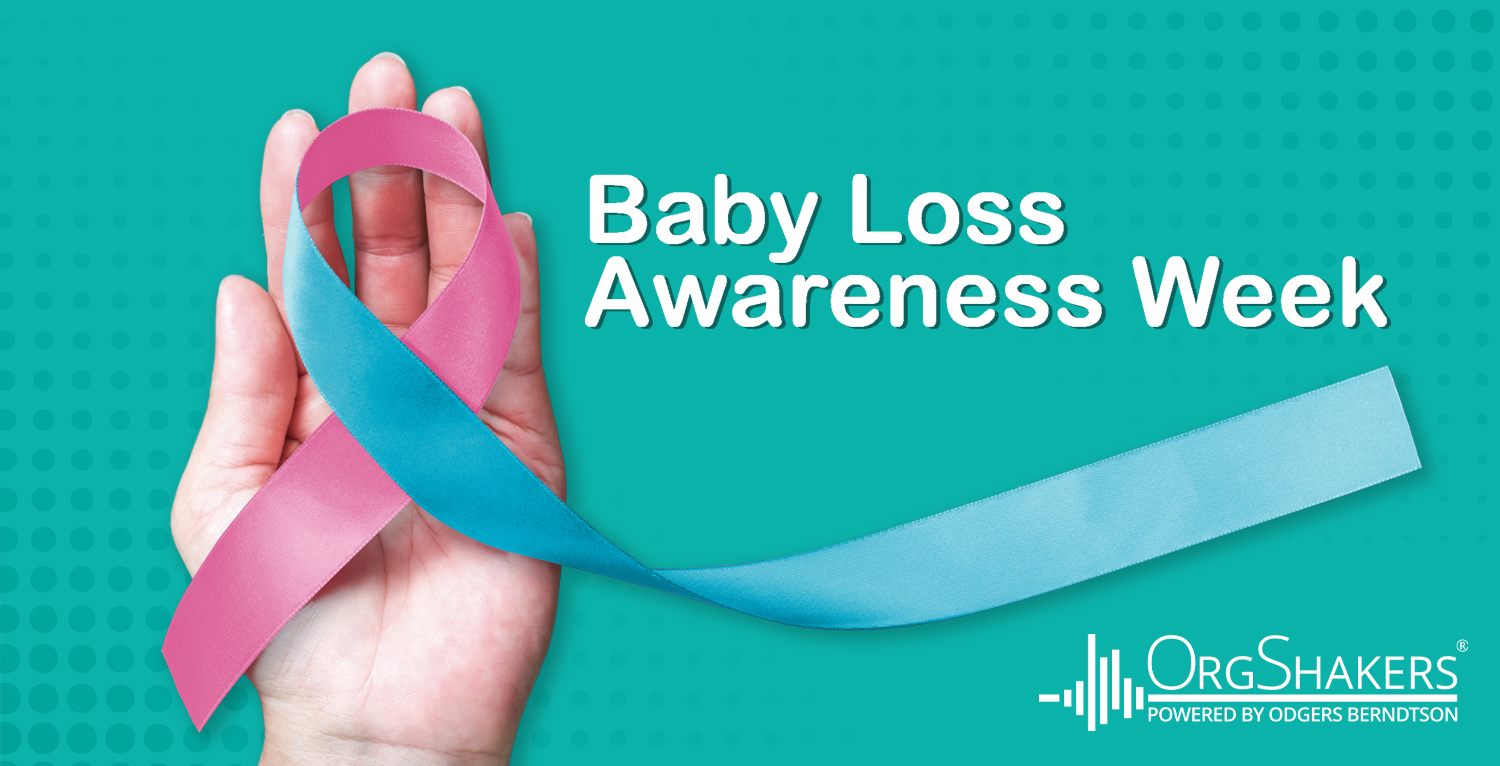
Do You Have a Policy for Miscarriage Leave?
The taboos around health and wellbeing in the workplace are slowly beginning to shed their stigma; menopause policies are being discussed, mental health is being prioritized, and employers continue to look for innovate ways of boosting productivity through creating happier employees.
However, there are still some topics that are failing to be considered by a majority of employers – and one of these is a miscarriage leave policy.
Around 10-20% of known pregnancies end in miscarriages, and this loss can have detrimental effects on the parents’ physical (if birthing) and mental health. Currently, in the US, there is no federal law that entitles parents to paid leave following the miscarriage of their unborn child; there is also no federal law which entitles parents, or workers in general, to paid bereavement leave. The only entitlement to leave that the mother or birthing person may have is Family and Medical Leave – which is only granted if there were medical complications during the miscarriage. This leave is also unpaid, the employee has to have been with their company for a year, and it does not extend to smaller employers (those with under 50 employees).
In the UK, if a child is stillborn after 24 weeks of pregnancy the birth mother is entitled to up to 52 weeks of statutory maternity leave or pay, and the birth father, partner of the birth mother, or adopter can have up to 2 weeks. If a miscarriage occurs in the first 24 weeks, there is no legal entitlement to statutory maternity, paternity, or parental bereavement leave.
Despite this, some companies are beginning to create specific policies surrounding miscarriage leave. In the US, mom-founded baby formula company Bobbie offer 3 weeks of paid leave to those who experience the loss of a child. Similarly in the UK, tech retailer Curry’s have introduced a 2-week paid leave policy for employees affected by pregnancy loss. Both employers extend this to both parents, and to same sex couples who have experienced a miscarriage through surrogacy.
These policies are something that employers on a global scale should be considering. Not only does it highlight your philosophy as an organization, but it demonstrates how much you value the physical and mental wellbeing of your employees. This alone is a great way of making your business a very attractive one to work for – especially in an age where many employees will choose where they work based on if their values are reflected there.
When it comes to formulating this policy, this is where OrgShakers can really help. A miscarriage policy may seem cut and paste, but there are many factors that need to be considered when constructing your own policy. For example, is someone entitled to more leave or less leave depending on how far into the pregnancy they were? Does the policy apply equally to mother and father? Does it account for same sex couples where neither is birthing? Will it be a subcategory of your existing bereavement or parental policy?
There is a lot to consider, but it is important to note that every miscarriage situation will be different and effect the people involved differently. Having a policy that offers a guideline around this can be extremely helpful, but it also needs to incorporate an element of flexibility based on individual circumstances to ensure that employees are getting the support they need.
If you would like to discuss how we can help design a miscarriage leave policy for your organization, please get in touch with me at Brittany@orgshakers.com